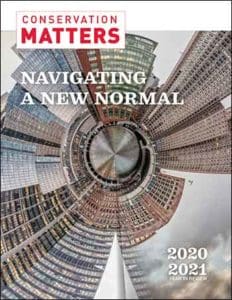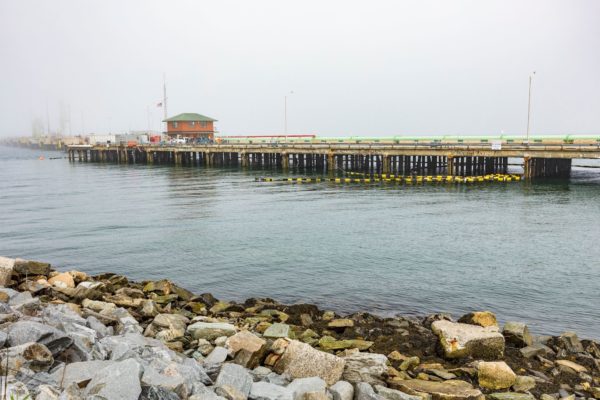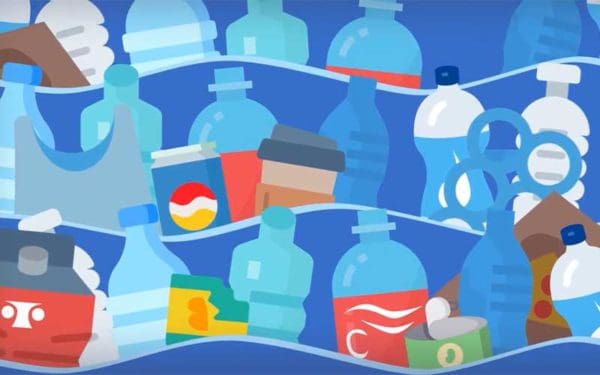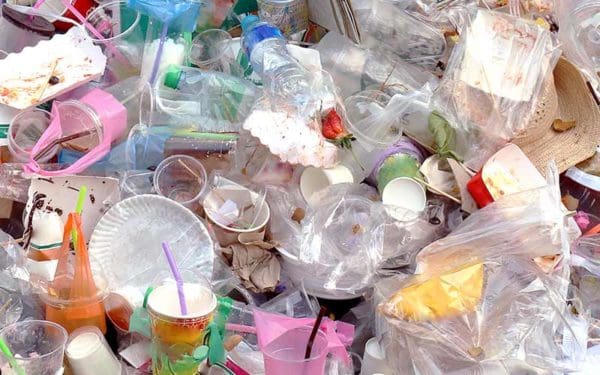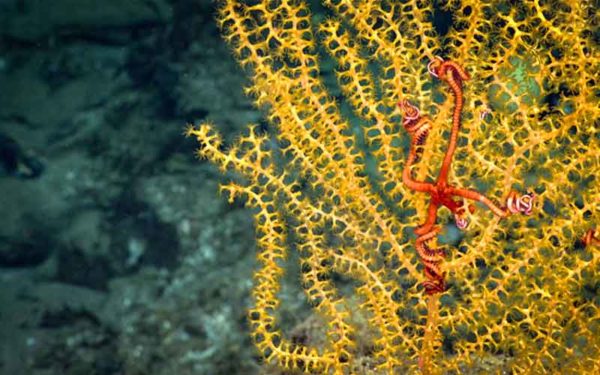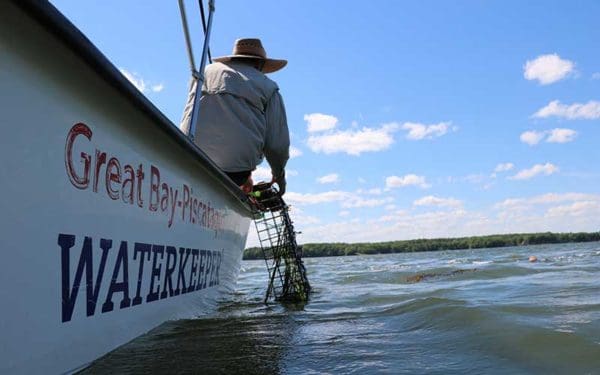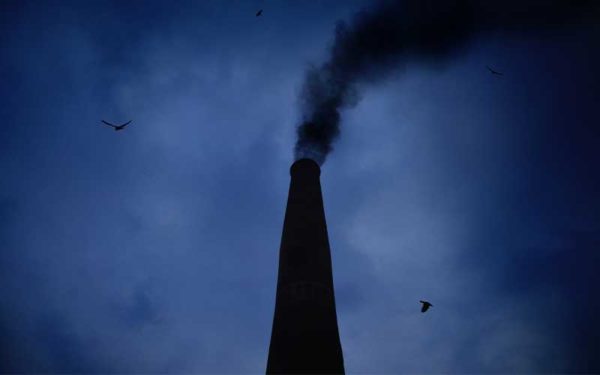Jul 26, 2021
“Building landfills just does not incentivize the actions you want to see. When you build this capacity, you’re not going to be recycling or composting or diverting as much as you should be,” Blair says.
Jul 16, 2021
The past year has shown us what we can accomplish when faced with unprecedented upheaval. Now we are focused on driving forward a future that is equitable and healthy for all – while also confronting the most urgent environmental threats in the here and now. The work we do together in the next five years… Continue reading Conservation Matters Summer 2021: Year in Review
Jul 15, 2021
Grassroots organizing led to a big win over Big Oil in Maine. And while the case continues, residents are not sitting idle.
Jul 13, 2021
Today’s throw-away culture exists because plastic producers and manufacturers choose to make single-use products and packaging that cannot be recycled. But we can change that by passing legislation that will hold producers accountable for the waste they create.
Jul 13, 2021
“Maine’s current recycling system is broken,” said Peter Blair, Zero Waste Attorney at CLF Maine. “Cities and towns are paying exorbitant disposal rates for polluting products that are deliberately manufactured to be unrecyclable. It’s time plastic producers pay for polluting our air, land, and water with their products, and this law will finally hold them accountable.”
Jul 09, 2021
The Biden administration has outlined a bold vision for conservation, but the devil is in the details, especially when it comes to protecting 30% of lands and waters by 2030.
Jul 07, 2021
We just launched a pilot project to see if eelgrass harvested in one area can be transplanted successfully in another. What we learn will help us understand if we can jumpstart the recovery of the ecosystem that depends on this underwater plant.
Jun 05, 2021
“Right now they are operating those facilities in violation of the Endangered Species Act, because they don’t have authorization to kill Atlantic salmon, which is what their dams do,” said Sean Mahoney, executive vice president of the Conservation Law Foundation. “So they need to apply to get that authority or they need to remove the cause of the killing or taking of Atlantic salmon, which are the four dams.”
May 18, 2021
Toxic PFAS have been found in some pesticides – where they’re not supposed to be. We’re demanding state leaders take immediate action to curb this toxic threat.
May 13, 2021
Incinerator emissions are polluting the air and poisoning our communities. The problem is, clean air laws often favor polluters instead of the people they’re supposed to protect.

